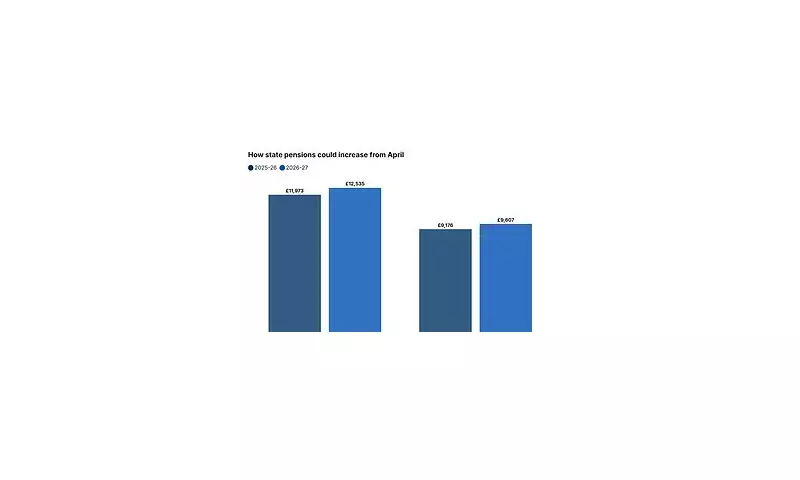
Millions of British pensioners are set to receive a substantial financial boost next year as the state pension is projected to increase by 4.7%, adding more than £500 to annual incomes.
The significant rise is being driven by the government's Triple Lock mechanism, which guarantees the state pension increases by the highest of three measures: average earnings growth, inflation, or 2.5%.
How the Triple Lock Delivers for Pensioners
Current projections indicate that average earnings growth of 4.7% will be the determining factor for next year's increase, comfortably exceeding both inflation rates and the 2.5% minimum guarantee.
This mechanism ensures that pensioner incomes are protected against rising living costs and maintains their purchasing power in retirement.
What the Numbers Mean for Household Budgets
The 4.7% increase would translate to:
- Approximately £10 weekly increase for full basic state pension recipients
- Over £500 additional income annually for millions of pensioners
- Significant relief amid ongoing cost of living pressures
This boost comes at a crucial time when many elderly households are facing increased energy bills and grocery costs.
Government Commitment to Pension Protection
The Conservative government has repeatedly committed to maintaining the Triple Lock policy, despite concerns about its long-term affordability. This commitment ensures that pensioners continue to receive protection that many working-age benefits do not enjoy.
The Department for Work and Pensions will confirm the exact increase figure later this year, following the publication of September's inflation data.
Looking Ahead: Sustainable Retirement Income
While the Triple Lock continues to deliver substantial increases, questions remain about its long-term sustainability. Some economists argue that the policy creates intergenerational fairness issues, while supporters maintain it's essential for preventing pensioner poverty.
For now, millions of retirees can look forward to a significant income boost that will help maintain their standard of living in the face of economic challenges.





